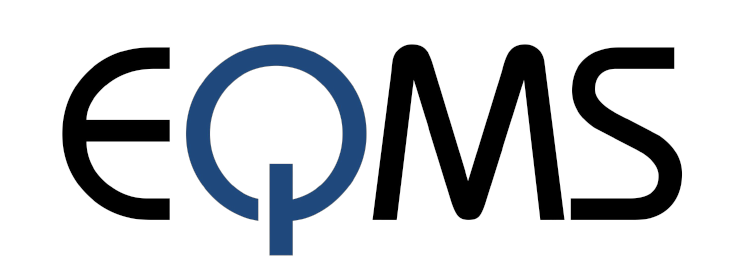Project Details
From its beginning as a small city with a few thousand people, Dhaka experienced dramatic turns upward and today it has become one of the fastest growing mega cities of the world. Dhaka North City Corporation (DNCC) itself hosts more than 6 million people. The rapid pace of urbanization, while enhancing overall developmental trends of the country, has brought significant challenges in ensuring safe city sanitation services and freshwater conservation. As the Bangladesh UNRC Common Country Assessment (CCA) background paper (2019) argues, the safe sanitation and water body conservation in the Dhaka metropolitan region are a concern because of the physical limits of the city and the carrying capacity of urban land. Rapid urbanization in Bangladesh has placed a strain on the country's sanitation services and environmental pollution.
While on-site sanitation is prevalent throughout the country, only a small portion in Dhaka city covering about 20-25% of its population is covered by the conventional sewerage network. About 79% of Dhaka city is covered by on-site facilities and in absence of proper fecal sludge management (FSM) services, almost the entire fecal sludge from these facilities is discharged into nearby residential environment, drainage system or water bodies. This is causing severe pollution of the environment, particularly affecting the water bodies within and around the city.
Bangladesh is already experiencing the adverse impact of global warming and climate change. Rainfall has become more erratic and consequently, monsoons have become irregular with untimely and/or intense rainfall over a short period of time causing waterlogging in urban areas thereby causing damage to sanitation infrastructures. Onsite containment facilities e.g., septic tanks, soak-pits, pit latrines; centralized sewer network, STPs, FSTPs are all subject to inundation due to intense short periods of rainfall. This not only damages the infrastructures but also pollutes the storm runoff and adjoining environment and waterbodies through mixing with sewage overflows and thus brings in serious health hazards for the city dwellers including school going children.
Dhaka North city corporation has 54 wards and 10 zones. DNCC is targeting to conduct on-site sanitation compliance assessment (Engineering) and prepare a GIS map which starts with Banani (Ward 19 and holdings number 1,293), Gulshan East (Ward 19, 20 and 22 and holdings number 988), Gulshan West (Ward 19, 20 and holdings number 1,160), Baridhara (Ward 18 and holdings number 1,279) and Nikaton (Ward 20 and holdings number 629). Total holdings number under this assessment is about 5,349. This lesson learned and findings will be replicated throughout the city corporations and towns.
Location
Banani, Baridhara, Gulshan, Niketan . Bangladesh.
Client
UNICEF
Ready to work together?
Whether you have a project in mind and you’re looking for a reliable construction partner or you’re looking to take the next step in your career, we want to hear from you!
